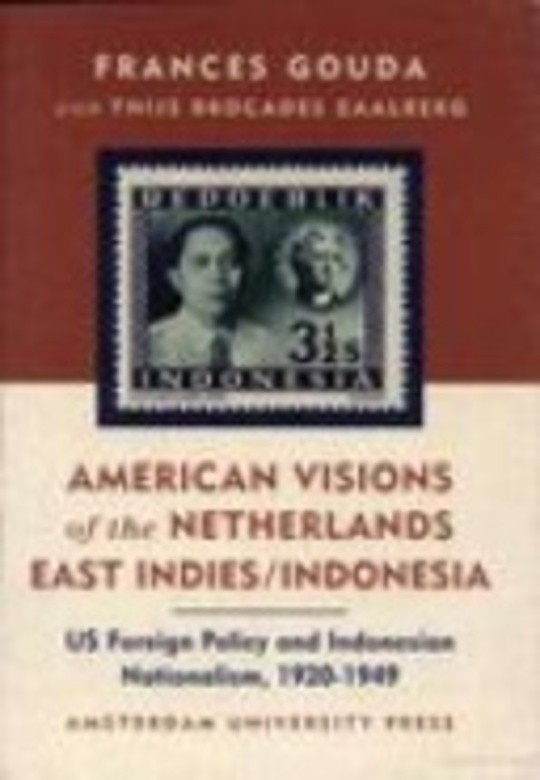
Noble conceptions of politics in eighteenth-century Sweden (ca 1740-1790)
Free
Description
Contents
Reviews
Language
English
ISBN
978-952-222-092-9
Noble conceptions of politics in eighteenth-century Sweden
Title Page
Copyright Page
Acknowledgements
Introduction
Political concepts, conceptions and ideas
The sources and their context
Definitions of a Regime: The Ideal of Mixed Government
A moderate monarchy: the powerless king, 1720–1772
The authority of the Senate, ca 1752–1769
Sweden, an aristocratic republic?
Under the Rule of Liberty
The state of liberty and liberty as a regime
Liberty by law
The right and liberty of the Estates, the liberties and rights of the nation
Whose liberty?
Citizens and Subjects
The concept of ‘citizen’
Civic virtues and the duties of the citizen
Patriotic duties and state reason
Fealty, Corrupted Virtue and the Right to Rebellion
“Faithful subjects”
Reinventing liberty: the Gustavian moment
Broken covenant and rebellion
‘Nation’, ‘rights’ and plotting on behalf of and against the fatherland
Liberty usurped: Gustav the Tyrant
Conclusion
Sources and references
The book hasn't received reviews yet.











